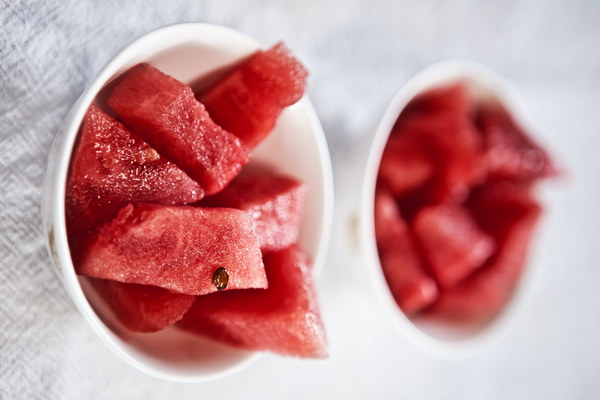Does Eating Turtle Benefit Liver Health Exploring the Nutritional Benefits and Myths
In recent years, the consumption of turtle meat has gained popularity in various parts of the world, especially in Asian countries. Turtle meat is believed to possess numerous health benefits, including liver protection. However, the question of whether eating turtle can actually help in liver health remains a topic of debate. In this article, we will delve into the nutritional benefits of turtle meat, the science behind its liver-protecting properties, and address the myths surrounding this issue.
Nutritional Benefits of Turtle Meat
Turtle meat is rich in protein, making it an excellent source of amino acids. It also contains vitamins A, B1, B2, B3, B5, B6, B12, C, D, E, and K, as well as minerals such as calcium, iron, magnesium, phosphorus, potassium, selenium, and zinc. These nutrients play a crucial role in maintaining overall health, including liver function.
Protein is essential for liver repair and regeneration. It helps in synthesizing new cells and supports the liver's ability to filter out harmful substances from the blood. The vitamins and minerals found in turtle meat are also vital for liver health, as they contribute to the liver's detoxification process and aid in the production of bile, which is crucial for digestion.
The Science Behind Turtle Meat's Liver-Protecting Properties

The belief that eating turtle meat can benefit liver health is mainly attributed to its high protein content and the presence of certain nutrients. Here's how these components contribute to liver protection:
1. High Protein Content: As mentioned earlier, protein is essential for liver repair and regeneration. Consuming turtle meat, which is rich in protein, can help in maintaining healthy liver function.
2. Antioxidants: Turtle meat contains antioxidants such as selenium and vitamin E, which help protect the liver from oxidative stress caused by harmful substances. Oxidative stress can damage liver cells and lead to liver diseases such as cirrhosis and hepatitis.
3. Choline: Turtle meat is a good source of choline, a nutrient that plays a crucial role in the liver's ability to metabolize fats. Choline deficiency can lead to liver damage and fatty liver disease.
Addressing Myths
Despite the potential benefits of turtle meat for liver health, several myths surround its consumption:
1. Myth: Turtle meat is a cure for liver diseases
While turtle meat may provide some benefits for liver health, it is not a cure for liver diseases. Liver diseases are complex and require proper medical treatment and lifestyle changes.
2. Myth: Turtle meat is more nutritious than other animal proteins
While turtle meat is nutritious, it is not necessarily more nutritious than other animal proteins. Other animal proteins, such as chicken, beef, and fish, also contain essential nutrients that contribute to liver health.
3. Myth: Eating turtle meat is sustainable
The demand for turtle meat has led to overhunting and the endangerment of several turtle species. It is important to consider the environmental impact of consuming turtle meat and opt for sustainable alternatives.
Conclusion
In conclusion, eating turtle meat may offer some health benefits, including liver protection, due to its high protein content and the presence of certain nutrients. However, it is crucial to address the myths surrounding turtle meat consumption and consider the environmental impact of hunting turtles. As always, it is best to consult with a healthcare professional before incorporating turtle meat into your diet, especially if you have liver-related health concerns.









